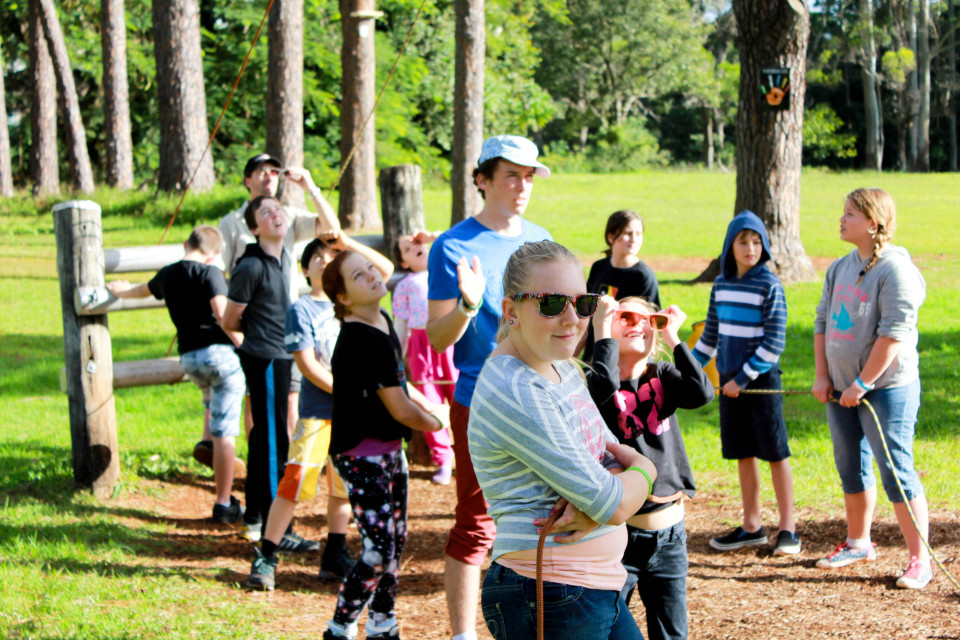The focus of the school chaplain is the social, emotional and spiritual wellbeing of children, young people, families and staff associated with their school community. As such, it is important that chaplains are at school as much as possible during the school term to maximise the impact of their presence and activities. Having said this, there is still much valuable work that can be done in school holidays that is critically important to achieving the aims of the Chaplaincy Service. The kind of work that can be done in holiday periods is the kind of work that is often difficult to get to during a school term.
Not everyone realises that school chaplains are employed for 52 weeks of the year, not just for the school terms. This means that chaplains don’t automatically get the school holidays off. The new leave policy recently released by SU QLD says that chaplains receive 4 weeks ‘annual leave’ that need to be taken during the summer holiday period. It also says that they are eligible for another 4 weeks of ‘special (gifted) leave’ in recognition of time-in-lieu for attending for example P&C Association meetings, school camps, church visits and fundraising events. This needs to be applied for and then approved by the District Coordinator. It can be taken across all holiday periods. There is much more information in the policy – if you would like to look at it in more detail, you can find it on the OurChaplaincy dashboard under ‘Policies/Leave Entitlements’.
The school holiday periods that aren’t covered by annual leave and special (gifted) leave are best considered to be ‘non-contact time’, providing time and space for chaplains to develop resources, build networks and receive training, and ultimately support and work with students more effectively when school is ‘in’. Some examples of the kind of activities that chaplains can engage in during their non-contact time are:
- Holiday Programs – Attend an SU QLD camp or community outreach event, or support a local youth and children’s event
- Planning and Preparation – Set up or freshen up the office or school space; develop programs and prepare resources for the coming term; explore Chappy Lounge and other online resources; develop a resource pool for the various areas of the chaplaincy role
- Personal Development – Attend professional supervision; attend professional development and training events provided by SU QLD or other providers
- Building Community Networks – Develop relationships with other youth and children’s agencies; meet with local ministers or key Christian leaders; meet with community groups for example Rotary and Lion; attend minister’s fellowships/associations; meet with chaplaincy volunteers to plan upcoming programs or activities
- Building the LCC – Plan and develop LCC fundraising and community engagement events; speak at local churches; speak to community groups and service clubs; catch up with key LCC members
- ‘Week Zero’ Activities – ‘Week Zero’ is the week prior to students returning to school and it is the first working week of the chaplaincy year. During this week, Chaplains are involved in SU QLD chaplaincy activities, school orientation and professional development programs, and/or other preparation for the school year
So, as you can see, there is a lot of useful work that school chaplains can engage in during their non-contact periods. It is important that chaplains are encouraged and supported to pursue these activities to ensure a well-rounded service is provided to their school community.
